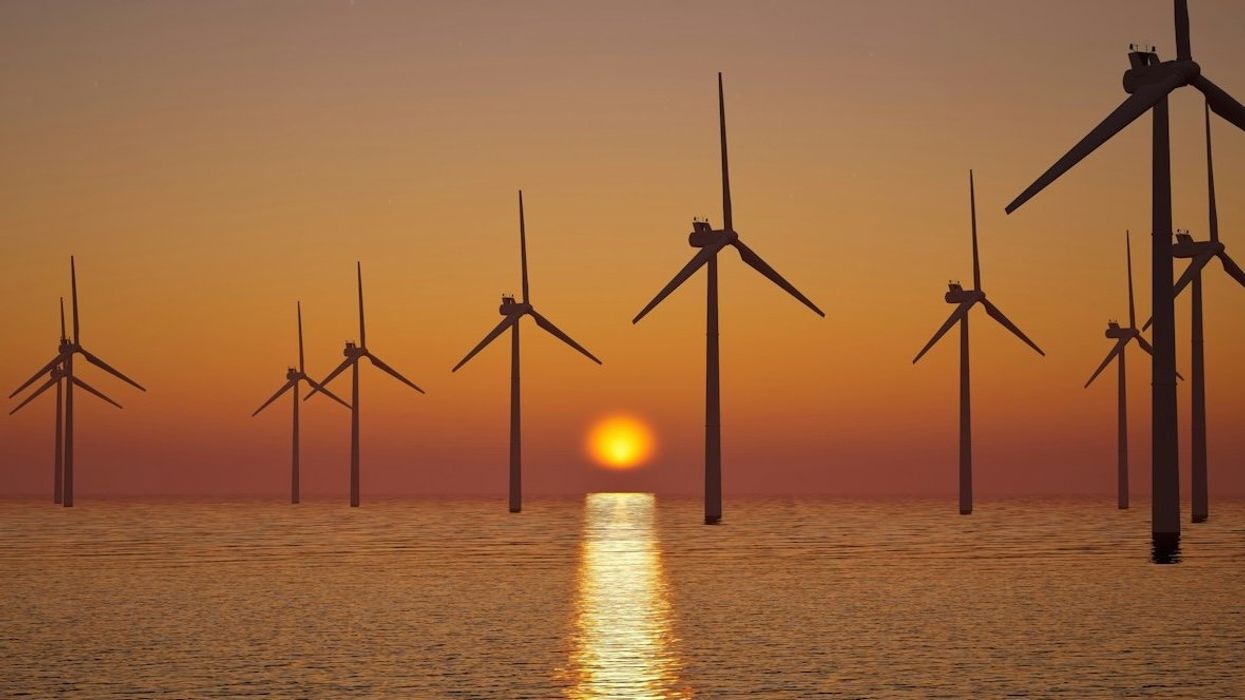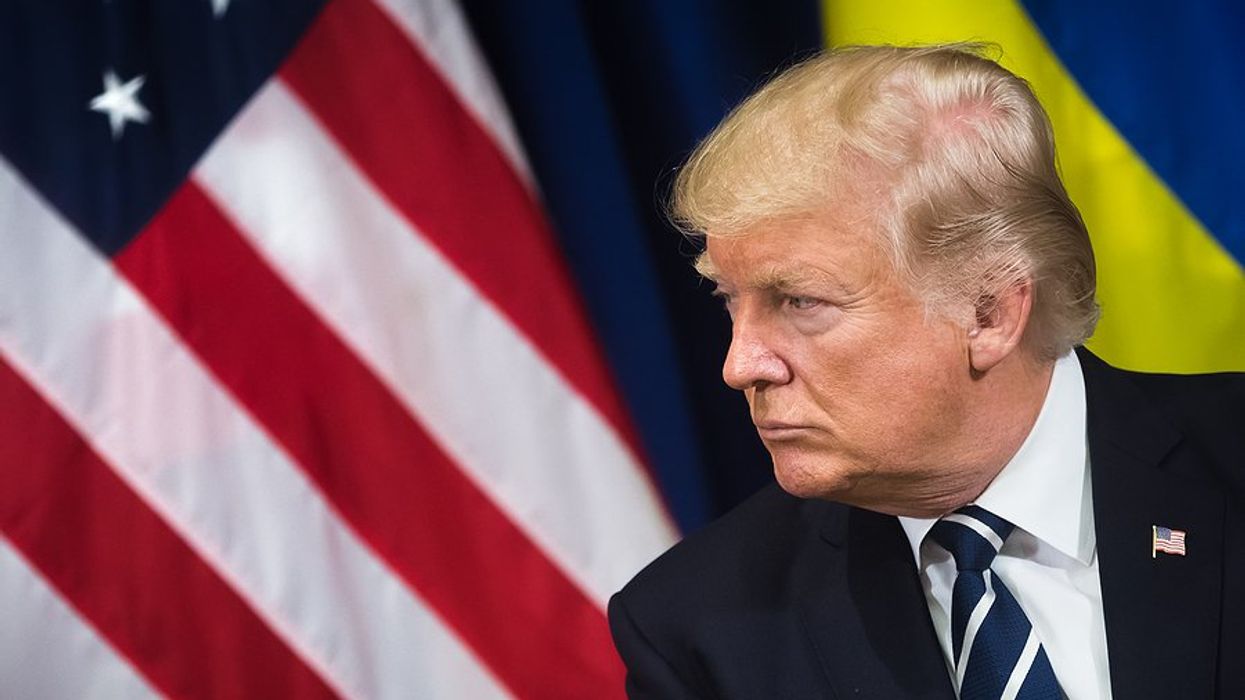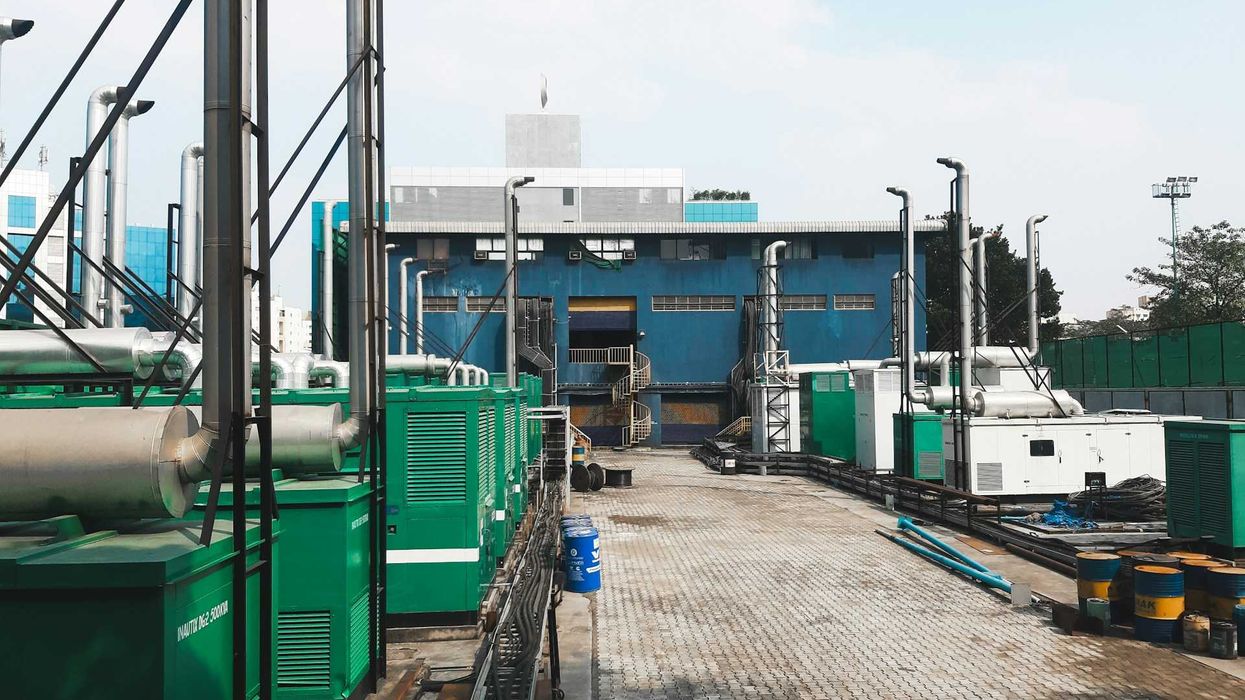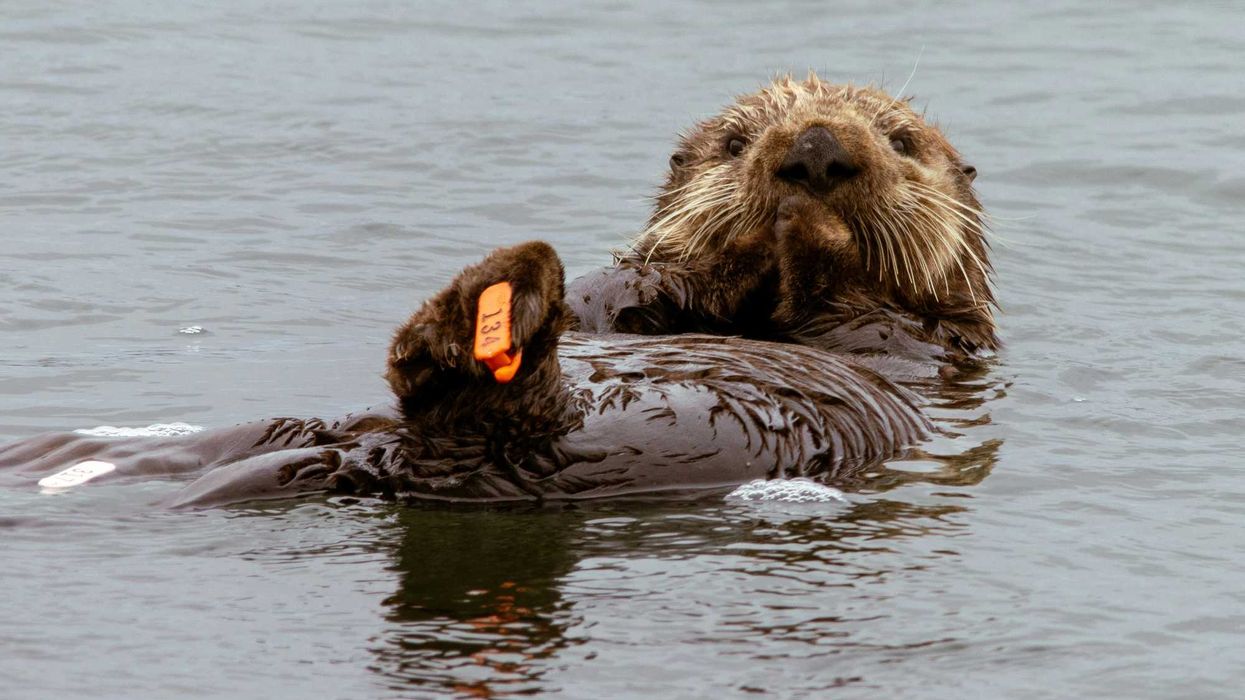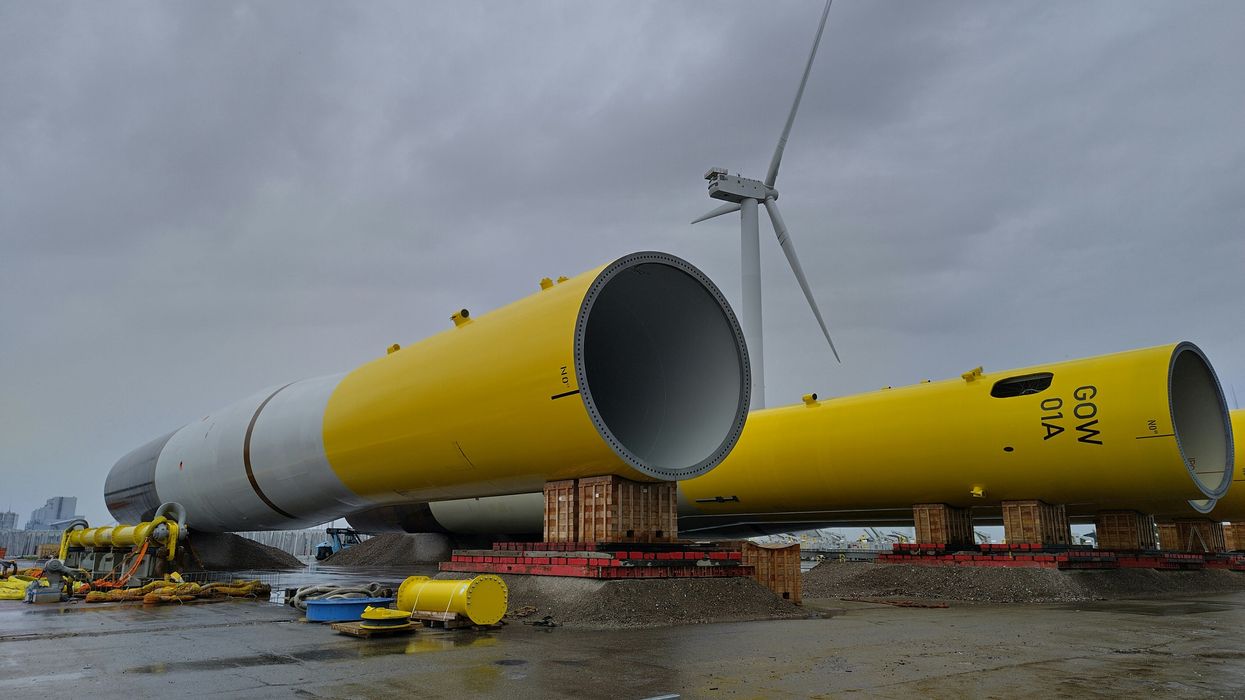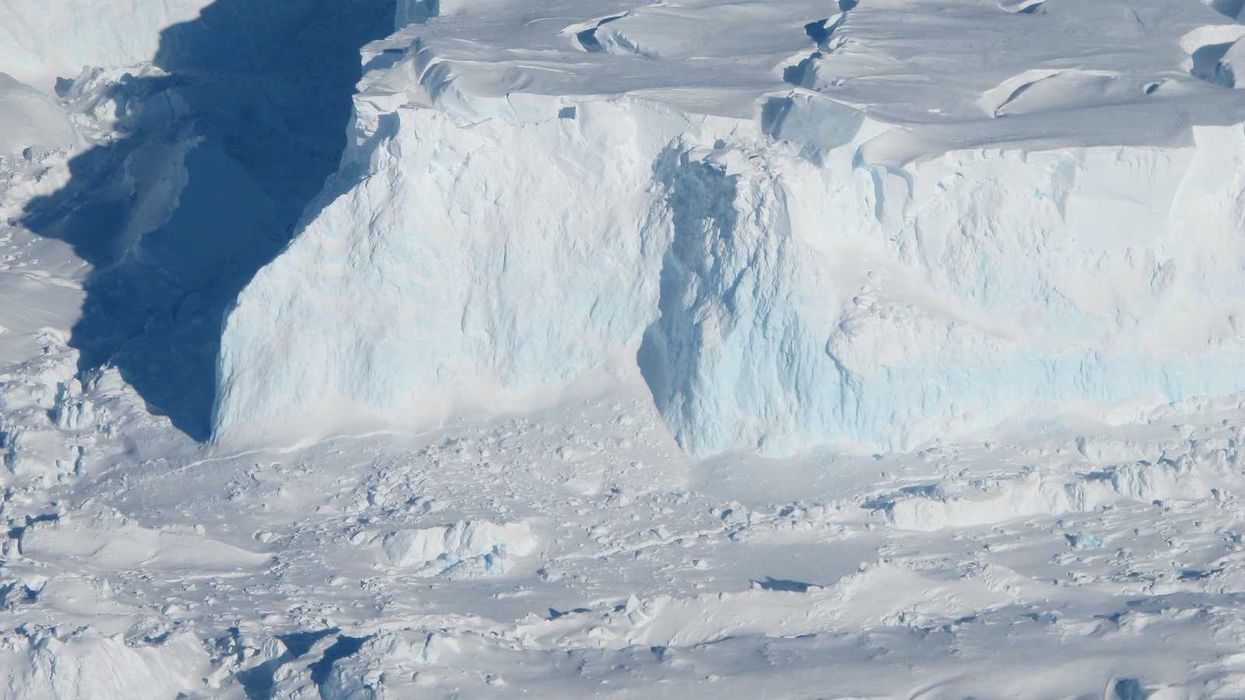Donald Trump’s rollback of U.S. overseas aid is slashing global climate finance, reducing support for developing nations facing climate disasters.
Fiona Harvey reports for The Guardian.
In short:
- The U.S. contributed about $8 of every $100 in global climate finance from rich nations last year, but Trump's cuts are expected to significantly reduce that amount.
- The administration has withdrawn from the Paris Agreement, halted USAID climate funding, and stopped contributions to international climate funds.
- Advocates warn these cuts will make it harder for vulnerable nations to cope with worsening climate-related disasters.
Key quote:
“By abruptly axing nearly a tenth of the limited funds for climate protection in developing countries, [the U.S.] is effectively abandoning millions of communities who have done nothing to cause global heating but who are losing homes, livelihoods and lives because of it.”
— Anne Jellema, executive director of 350.org
Why this matters:
Developing nations already struggle with climate-driven disasters like floods, droughts, and storms, often diverting funds from essential services to cover damages. For years, wealthier nations, including the United States, have been expected to provide financial assistance to help vulnerable countries adapt to climate change and transition to cleaner energy sources. The loss of U.S. support is likely to slow down these efforts, making it harder for at-risk communities to rebuild after disasters or implement preventive measures like early warning systems and resilient infrastructure.
This shift comes at a time when scientists warn that climate change is accelerating, with rising global temperatures fueling more frequent and intense natural disasters. Without financial backing from the U.S. — historically one of the largest contributors to greenhouse gas emissions — developing nations may struggle to meet climate goals, further widening the gap between wealthy and vulnerable populations.
Related: Trump administration rolls back environmental justice programs, former EPA official says




